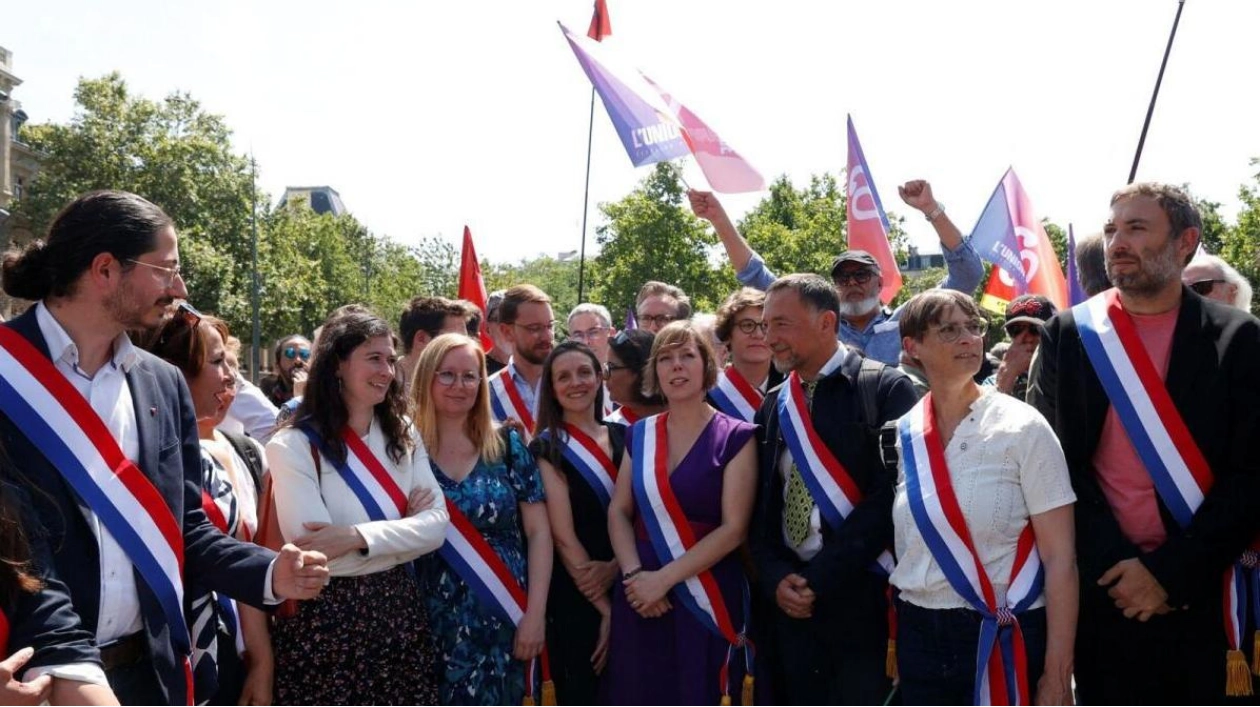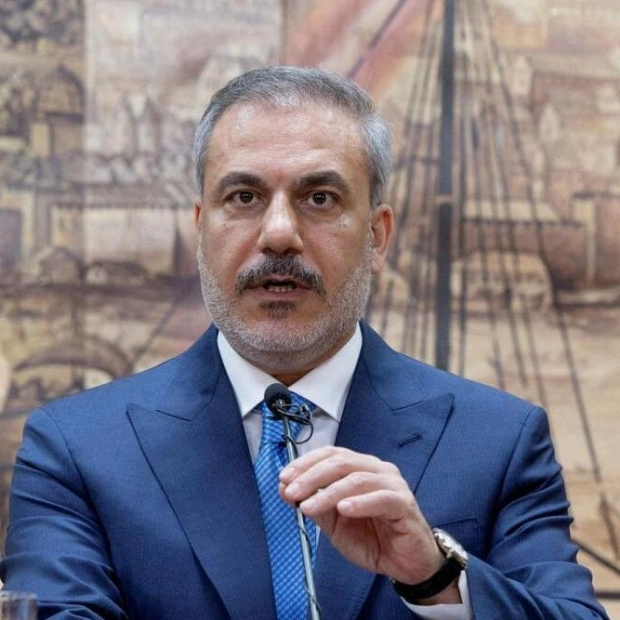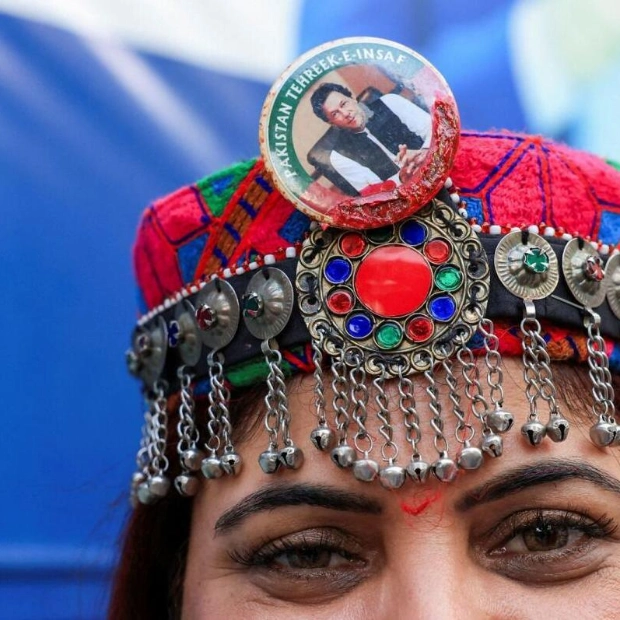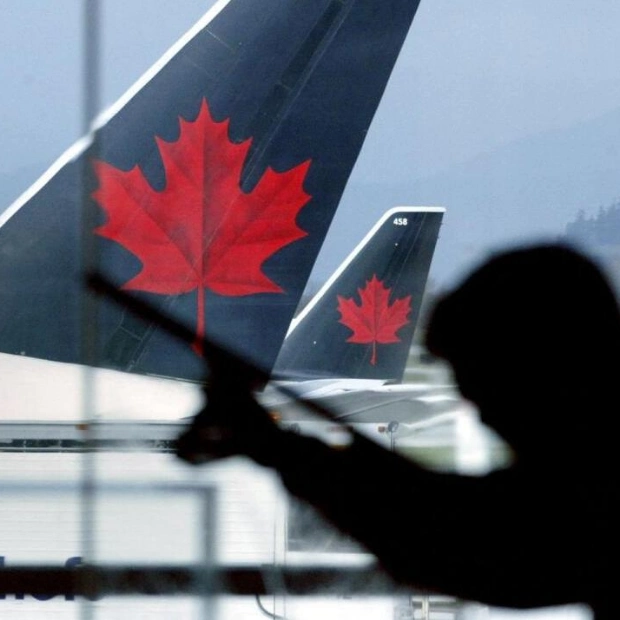On Thursday, the highly fragmented French parliament convenes for the first time since the recent snap election, which did not produce a clear winner, to elect a new president of the assembly. This election could significantly influence French political dynamics for the foreseeable future, as no party secured an absolute majority in the recent vote. The left unexpectedly emerged as the leading force, surpassing both President Emmanuel Macron's centrists and Marine Le Pen's far-right faction.
The election of the president of the lower house, traditionally a procedural matter, holds greater significance this time due to the weakened position of Macron and the uncertainty surrounding the formation of the next government. The New Popular Front (NFP), a hastily formed left-wing alliance, aims to lead the government but has been internally divided over the choice of a prime ministerial candidate. The NFP is promoting veteran Communist lawmaker André Chassaigne for the assembly presidency, hoping his cross-party appeal could bolster their chances of forming a government.
Chassaigne's potential victory is seen as a testament to the assembly's independence from the executive, according to Benjamin Lucas, a Green lawmaker from the NFP. However, the election outcome remains unpredictable, with Macron's camp potentially negotiating with conservatives to re-elect the current assembly president, Yaël Braun-Pivet. Such a move could strengthen mainstream parties' position to form an alliance that might include some NFP members but exclude the hard-left France Unbowed.
Meanwhile, the far-right National Rally (RN) is eyeing other influential positions within the assembly, despite minimal chances of securing the speaker role. The election process involves three rounds, with potential alliances and candidate withdrawals between rounds. Votes are confidential, and a candidate must secure an absolute majority to win in the first or second round, a scenario considered unlikely.






